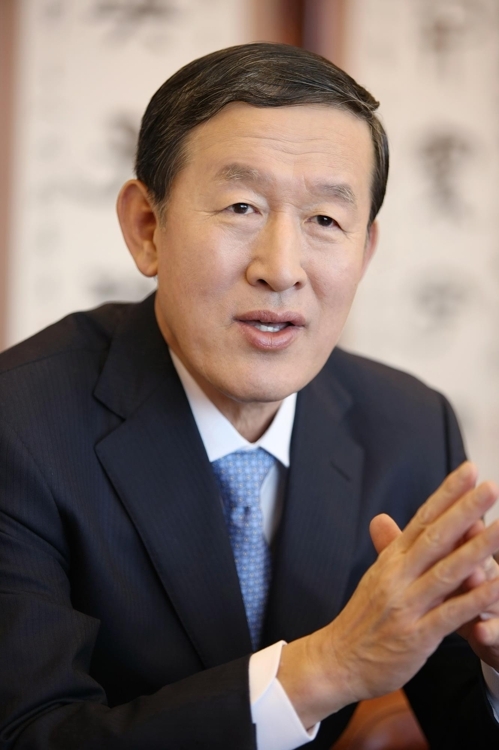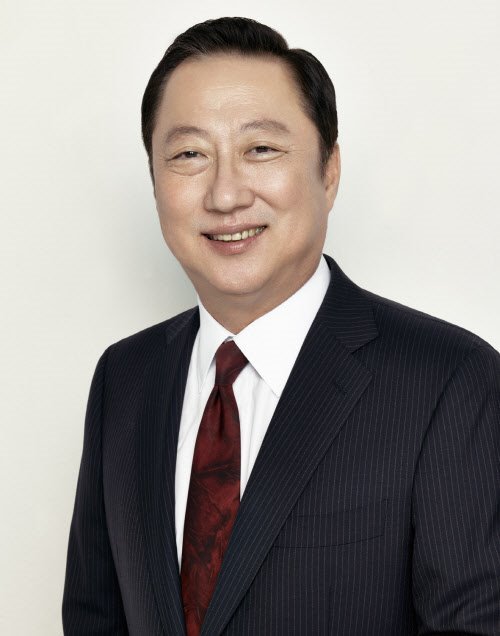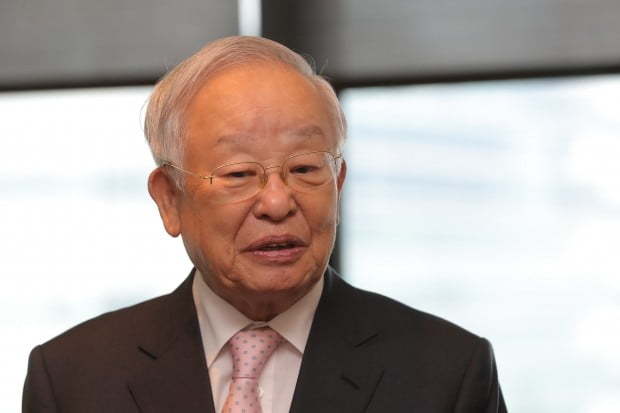Amid forecasts of lower economic growth and harsher business conditions in 2020, South Korea’s business community is pushing to ease government regulations to stimulate aggressive investments and entrepreneurship, according to industry sources Wednesday.
Heads of the country’s business lobby groups noted abandoning old regulations to seek new changes in 2020.
The Federation of Korean Industries chief Huh Chang-soo said in his New Year’s address that future-oriented regulations are needed this new year.
“This is the time when a different framework should be built in a new way. Let everything move away from the starting point,” he said, adding that “we should abandon old regulations and come up with measures that can make a new way.”
 |
Federation of Korean Industries chief Huh Chang-soo (GS Group) |
Labor-related regulations, including a steep rise in the minimum wage and the 52-hour workweek system, are cited as major restraints for businesses in seeking their growth here.
“Some balance is needed between the government’s anti-business and pro-labor policies in order to enable the private sector to contribute to revitalizing the economy,” said an industry official.
Park Yong-maan, chairman of Korea Chamber of Commerce and Industry, said barriers due to vested interests, including laws and regulations, must be lifted.
“It has become ordinary to see economic policies influenced by politics, but the society should prevent it. For the future of the country, this should be resolved through a transformation of the way of thinking, bringing nationwide sympathy to abandon old legislations, regulations and frameworks,” Park stressed.
 |
Korea Chamber of Commerce and Industry Chairman Park Yong-maan (Doosan Group) |
The Korea Employers Federation Chairman Sohn Kyung-shik sad in his New Year’s address that the environment must be first established for businesses to expand their investments and production.
“We hope that creating a favorable environment for businesses will become the priority mission of the administration, and also the policies help revitalize business operations,” said Sohn, asking for the government and political circles’ efforts for “thorough communication with companies.”
 |
Korea Employers Federation Chairman Sohn Kyung-shik (Yonhap) |
According to a recent survey by the organization, the overall business sentiment index for January stood at 90.3, far low from the benchmark 100.
A BSI reading below 100 means the outlook of companies about business conditions, including domestic consumption, exports, investments, employment and profitability, are pessimistic.
Sohn also pinpointed the need for changes in government policies, such as decreasing corporate and inheritance taxes, legislation of a flexible work system and restructuring of a wage system, among others.
Korea International Trade Association Chairman Kim Young-ju said in his New Year’s address that the country’s trade cannot rely on the current business growth model but must be transformed into a new growth paradigm, shifting from quantitative values to a quality-based system.
“Instead of fluctuating between hopes and fears, when businesses actively invest in new technologies and product development, our economy can regain vitality,” Kim said.
FKI’s Huh also underlined the voluntary and innovative research and development efforts and investments, stressing the group’s revival of entrepreneurship to revitalize the local economy.
By Song Su-hyun and Kim Da-sol
(
song@heraldcorp.com) (
ddd@heraldcorp.com)







![[Exclusive] Hyundai Mobis eyes closer ties with BYD](http://res.heraldm.com/phpwas/restmb_idxmake.php?idx=644&simg=/content/image/2024/11/25/20241125050044_0.jpg)

![[Herald Review] 'Gangnam B-Side' combines social realism with masterful suspense, performance](http://res.heraldm.com/phpwas/restmb_idxmake.php?idx=644&simg=/content/image/2024/11/25/20241125050072_0.jpg)
